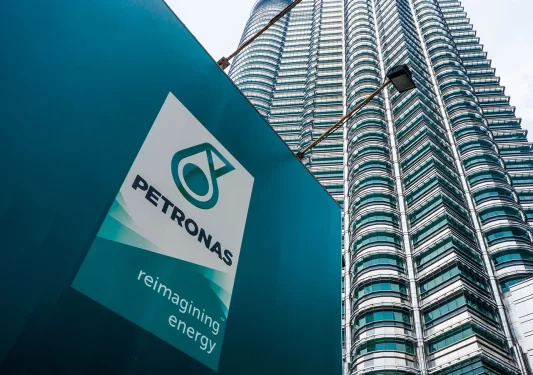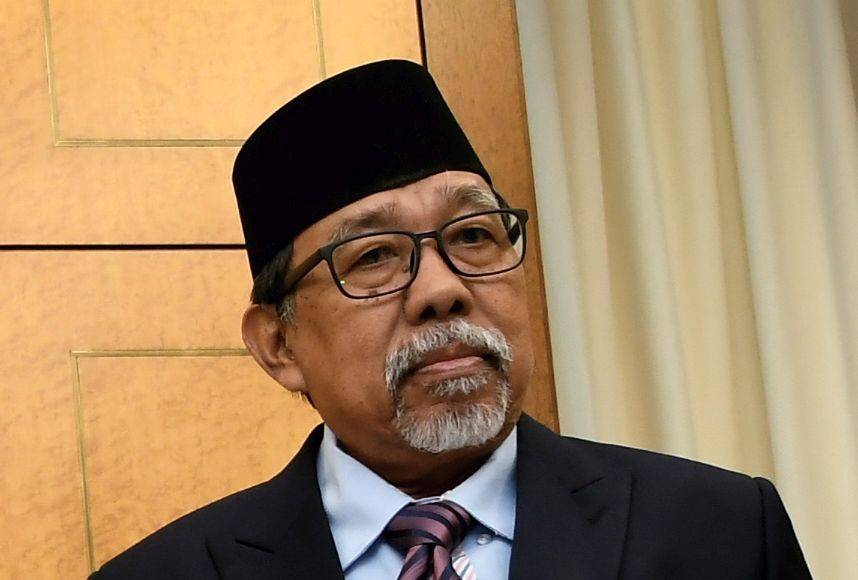COVID-19 emerged as the top risk to global trade flows as it affects both supply and demand of goods more so for Malaysia, as reflected in the drop of our global export rankings from 18th position in 2004 to 24th in 2020.
The manufacturing sector especially has been hit hard with a myriad of issues caused by disruptions in the supply chain which has severely impacted production and trade activities.
Looking at the current situation, it is imperative to stabilise the manufacturing production, re-establish critical supply chains and establish new global value chains by expanding market access for Malaysian exports.
The Federation of Malaysian Manufacturers (FMM) thanks the Government for placing importance on Malaysia’s participation in regional trade agreements to open up new market opportunities for Malaysian manufacturers and therefore welcomed the signing of both Comprehensive and Progressive Agreement for Trans-Pacific Partnership (CPTPP) in 2018 and the Regional Comprehensive Partnership Agreement (RCEP) in 2020.
Recognising that these regional trade agreements are crucial trade recovery tools post-pandemic, we also commend the Government especially the Ministry of International Trade and Industry (MITI) on its strong commitment to complete domestic procedures for the ratification of RCEP by end of 2021 while the CPTPP is expected to be ratified only by mid-2022 after the Government finalises the Cost Benefit Analysis (CBA) currently being undertaken by MITI.
The CPTPP is a very important FTA for Malaysian manufacturers. Once ratified, the CPTPP which consists of 11 countries spanning the Pacific Rim will provide market access to 495 million consumers contributing 13.5% of the global gross domestic product (GDP).
More than 90% of Malaysia’s export interest which include electrical and electronics, rubber products, palm oil, transport equipment and wood products will benefit from duty-free treatment in the CPTPP countries once the agreement enters into force.
Malaysia along with Brunei, Singapore and Vietnam are the only four countries in ASEAN participating in CPTPP.
Unfortunately, Malaysia now lags behind its ASEAN neighbours in expanding its global market share due to the delay in ratifying the agreement.
Vietnam, for instance, is ahead of Malaysia in this aspect as it has already ratified and implemented the CPTPP in January 2019 and within that year has significantly increased exports by 8% to CPTPP markets especially to the two new FTA markets – Canada and Mexico and also benefited greatly from Foreign Direct Investments (FDI) from the CPTPP countries which accounted for US$9.2 bil or 24% of the total FDI into the country.
CPTPP is advantageous to Vietnam and continues to greatly contribute to its trade recovery during the last 22 months of the pandemic.
The opportunity cost of not aligning ourselves with the global economy now would only be higher for Malaysia over time.
As the agreement was signed by Malaysia in March 2018, three years have passed and we cannot afford to further delay the ratification of the CPTPP. Otherwise, we run the risk of being relegated to the side-lines as our ASEAN neighbours will move ahead strongly.
Indeed, relocation of our exporting industries to other countries in ASEAN cannot be ruled out. Malaysia will become a less attractive investment destination for investors while Malaysian exporters will not have preferential access to the growing CPTPP market considering that China has recently submitted its application to be a member of the CPTPP and the United Kingdom has begun the accession process to join the CPTPP.
Therefore, FMM calls on all parties to focus on the big picture and be more global in our outlook by supporting the early ratification of the CPTPP if we want sustainability and growth
going forward. Being an open and competitive trading economy has served us well in the past and we have registered substantial benefits from the FTAs that we have concluded thus far. – Nov 13, 2021
Tan Sri Datuk Soh Thian Lai is the president of the Federation of Malaysian Manufacturers (FMM).
The views expressed are solely of the author and do not necessarily reflect those of Focus Malaysia.









